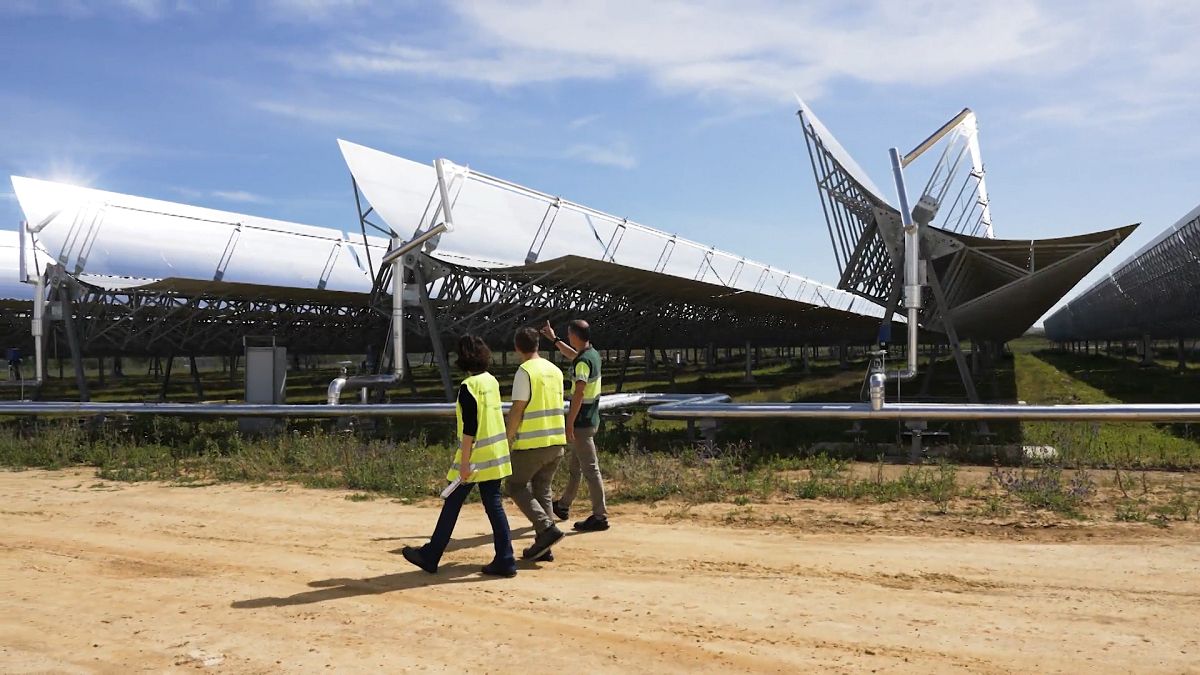Green vs. Growth: The Delicate Dance of Industrial Progress and Environmental Sustainability

European Industry's Green Transformation: A Remarkable Environmental Journey
Over the past decade and a half, European industries have made significant strides in environmental sustainability. Since 2007, remarkable progress has been achieved in reducing harmful pollutant emissions, with impressive reductions ranging from 40% to 75% in both air and water pollution, according to comprehensive data from the European Environment Agency.
This substantial environmental improvement reflects the continent's commitment to cleaner industrial practices. The European Union is not content to rest on its laurels, however. Instead, the region is pushing forward with an ambitious vision to create an even more sustainable and competitive industrial landscape.
The current goal extends beyond mere reduction—it's about reimagining industry as a driver of environmental innovation. By continuing to invest in green technologies and sustainable manufacturing processes, the EU aims to set a global standard for responsible industrial development.
As industries evolve, the focus remains clear: achieving a delicate balance between economic competitiveness and environmental stewardship. This ongoing transformation represents a powerful model of how technological progress and ecological responsibility can work hand in hand.
